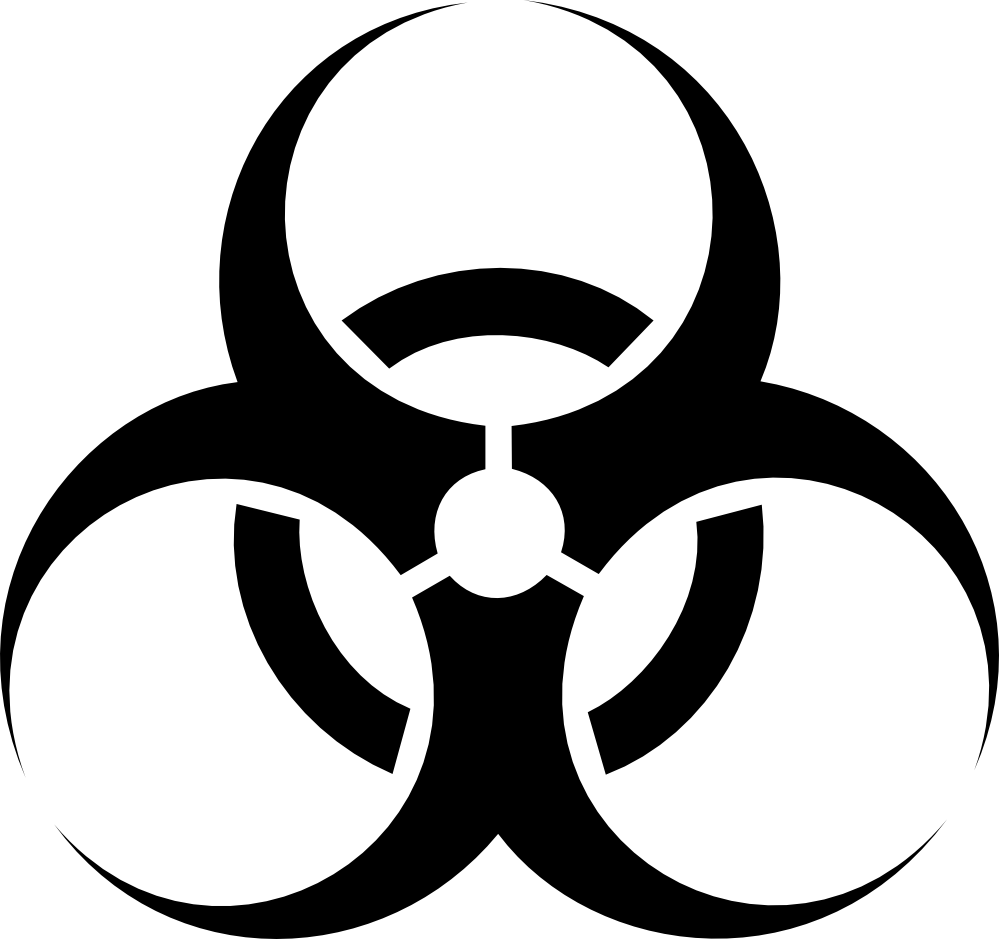Certified Biological Safety Professional (CBSP)
A Certified Biological Safety Professional (CBSP) is an individual with a documented microbiology foundation and experience overseeing a biosafety program. Recipients are internationally recognized by their commitment to professional development to biosafety. The CBSP designation awarded upon application approval and passing the certification exam.
The exam has been developed by members of ABSAs Exam Development Board and is administered by ABSA. Application materials required for the CBSP include submittal of transcripts/evaluation report, coursework, biological safety experience, and a minimum of 3 references.
Candidate criteria
Eligible applicants must have taken at least one course entitled “Microbiology”, (e.g., “Pathogenic Microbiology”, “Medical Microbiology”), while the other credits may be earned from courses under the ‘Acceptable course titles’ (see list below) on the coursework portion of the CBSP application. There are no exceptions to this rule.
Acceptable coursework
Courses with the word’s “microbiology”, “bacteriology” or “microbial” in the title are acceptable. Credits earned for attending ABSAs Principles and Practices of Biosafety (PPB®) or the Biosafety and Biosecurity Training Course (BBTC®) will receive credit but will not be in substitution for the required microbiology titled course.
If credit is claimed for a course not specifically listed, a copy of the course description from the course catalog or another official source verifying the course content claimed for microbiology credit must can be e-mailed to: credentialing@absa.org. Relevant courses must emphasize the study of microorganisms. In the past, courses like general biology, biochemistry, and animal and plan anatomy/physiology have not been found acceptable for microbiological course credit.
Biosafety experience
In addition to the microbiology coursework, candidates will need post-baccalaureate professional experience with no less than 51% time spent in biosafety program management. The term “biosafety program management” does not require service as the single biosafety officer, or as the sole person overseeing the program. Service as a member of a biosafety or EHS staff with significant biosafety accountabilities will qualify. Work as a staff member writing SOPs does not demonstrate program management.
Academic transcripts
Academic transcripts are required to receive credit for your education. For an applicant providing transcripts from a college or university outside the United States, verification of the degree along with a detailed course-by-course report is required.
Submitting application
The Credentialing Evaluation Board (CEB) has a firm deadline of accepting CBSP applications as the exam is only offered throughout the month of June. Applications, corresponding materials, and $100.00 application fee must be submitted prior to February 1 to be considered.
All documentations can be submitted via email to credentialing@absa.org or via U.S. Post to: ABSA International, Attn: Credentialing, 1200 Allanson Road, Mundelein, IL 60060.
Approved applicants will be required to pay the $500.00 exam fee due by May 1.
Advanced Biosafety Training Series
These online modules target intermediate to advanced biosafety professionals designed for those studying for the CBSP exam. Each module will cover the essential elements of information formerly covered in the ABSA Certification Review Course at a level appropriate for those preparing to take the exam.
ABSA International would like to thank and acknowledge the American Society for Microbiology (ASM) National Registry of Certified Microbiologist (NRCM) for their partnership in developing the exam for SM(NRCM). In 1995, ABSA and the American Society for Microbiology (ASM) agreed to conjointly develop a biological safety microbiology certification under the auspices of the National Registry of Certified Microbiologists (NRCM). The first examination was offered in 1997 and, in 2019, examination development was assumed by ABSA. ASM retains the designation SM(NRCM). The exam has been, and will remain, a requirement for ABSA International’s Certified Biological Safety Professional (CBSP) certification.


